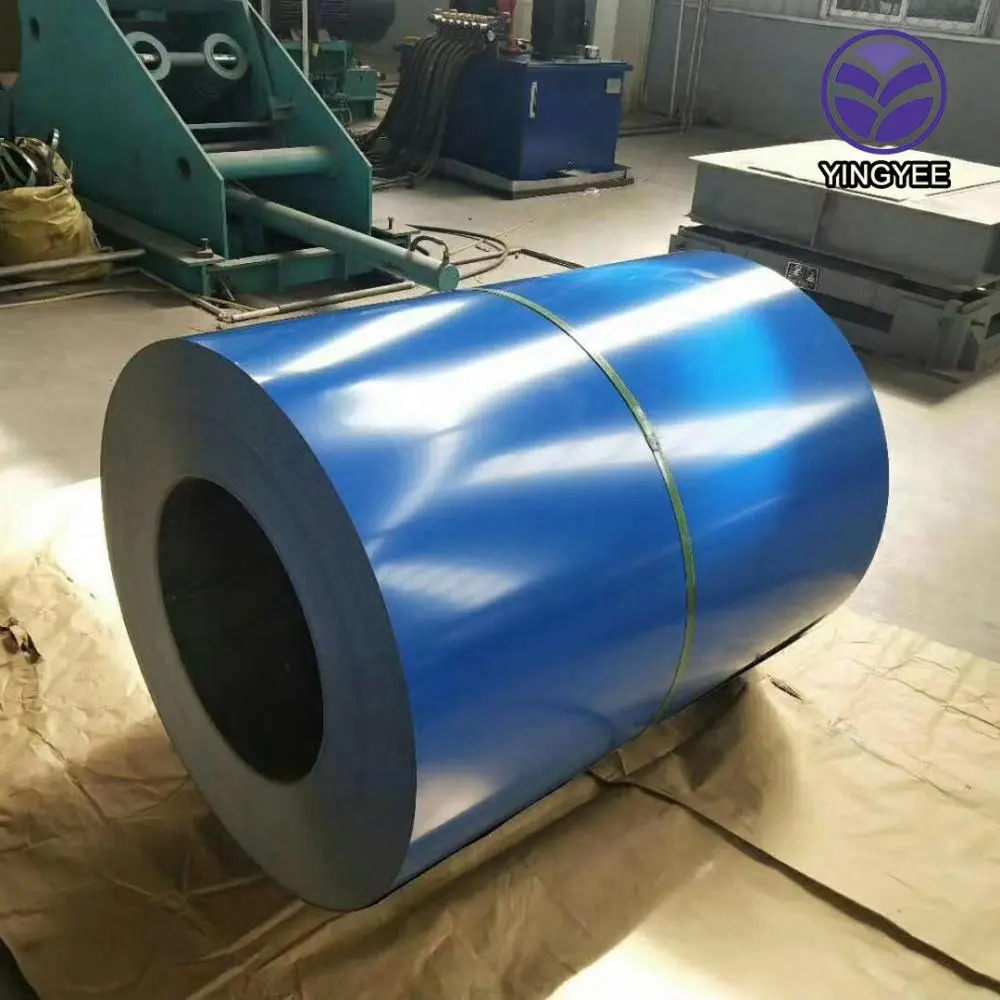
EPS Sandwich Panel Production Line An Overview
The EPS sandwich panel production line has emerged as a pivotal solution in the construction and manufacturing industries, offering a unique combination of efficiency, thermal insulation, and structural integrity. EPS, or Expanded Polystyrene, is a versatile material known for its lightweight and durable characteristics, making it an ideal component in sandwich panels.
What Are EPS Sandwich Panels?
EPS sandwich panels consist of two outer layers, typically made from steel or other materials, with an inner core of expanded polystyrene. This configuration creates a composite material that provides exceptional thermal insulation properties and mechanical strength, while also being lightweight. The panels are available in various thicknesses and dimensions, allowing for customizable solutions tailored to specific construction needs.
Benefits of EPS Sandwich Panels
1. Thermal Efficiency One of the primary advantages of EPS sandwich panels is their excellent thermal insulation properties. The expanded polystyrene core minimizes heat transfer, keeping buildings warm in the winter and cool in the summer. This feature not only enhances comfort but also reduces energy consumption and costs.
2. Lightweight Design The lightweight nature of EPS panels simplifies transportation and installation processes. Construction teams can handle these panels with ease, leading to faster project completion times and reduced labor costs. Their low weight also puts less strain on building structures, allowing for innovative architectural designs.
3. Versatility EPS panels can be used in a wide range of applications, including residential, commercial, and industrial buildings. They are ideal for walls, roofs, and even cold storage facilities due to their insulating properties. The flexibility of design allows architects and engineers to create aesthetically pleasing structures with varying shapes and finishes.
4. Sustainability As the world shifts towards more sustainable building practices, EPS sandwich panels provide an eco-friendly solution. The materials used are recyclable, and the energy savings resulting from their insulation properties contribute to reduced greenhouse gas emissions over a building's lifetime.

The Production Line
The EPS sandwich panel production line is characterized by its automation and efficiency. It generally consists of several key stages
1. Raw Material Preparation The process begins with the preparation of raw materials, including the EPS beads and outer skin materials. These are carefully measured and ready for processing.
2. Foaming Process EPS beads are expanded and fused together using steam, which creates the desired insulation core. This step is crucial as it determines the density and thermal performance of the finished panel.
3. Panel Formation The outer skins, typically made from steel, aluminum, or other suitable materials, are then bonded to the expanded EPS core using advanced adhesives. This provides structural integrity and protection against external elements.
4. Cutting and Finishing After the panels are formed, they are cut to specifications and subjected to quality checks for strength and insulation performance. Any necessary finishing touches, like surface coatings, are applied at this stage.
5. Packaging and Delivery Finally, the finished panels are packaged for delivery. Efficient packaging systems ensure that the panels are protected during transportation, minimizing potential damages.
Conclusion
The EPS sandwich panel production line represents a significant advancement in modern construction technology. With its ability to produce lightweight, energy-efficient, and sustainable materials, it continues to be an essential component in the future of building design and manufacturing. As demand for eco-friendly solutions increases, the role of EPS sandwich panels in meeting these needs will only grow, making them an invaluable asset in the industry.